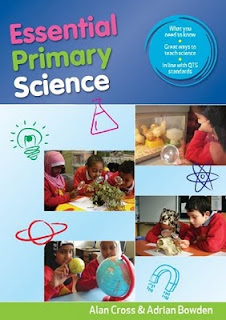THIS IS THE END OF THIS BLOG…BUT THE BEGINNING OF WWW.ATRIPTOCLIL.COM
FROM NOW ON, YOU WILL FIND US HERE, WITH NEW UPDATES, ACTIVITIES AND BETTER INTERFACE.
HOPE TO SEE YOU SOON!
AQUEST ÉS EL DINAL D’AQUEST BLOC … PERÒ L’INICI DE WWW.ATRIPTOCLIL.COM
A partir d’ara ENS TROBARÀS AQUÍ, amb noves actualitzacions, activitats i una millor interfície.
ESPEREM veure-t’hi aviat!










